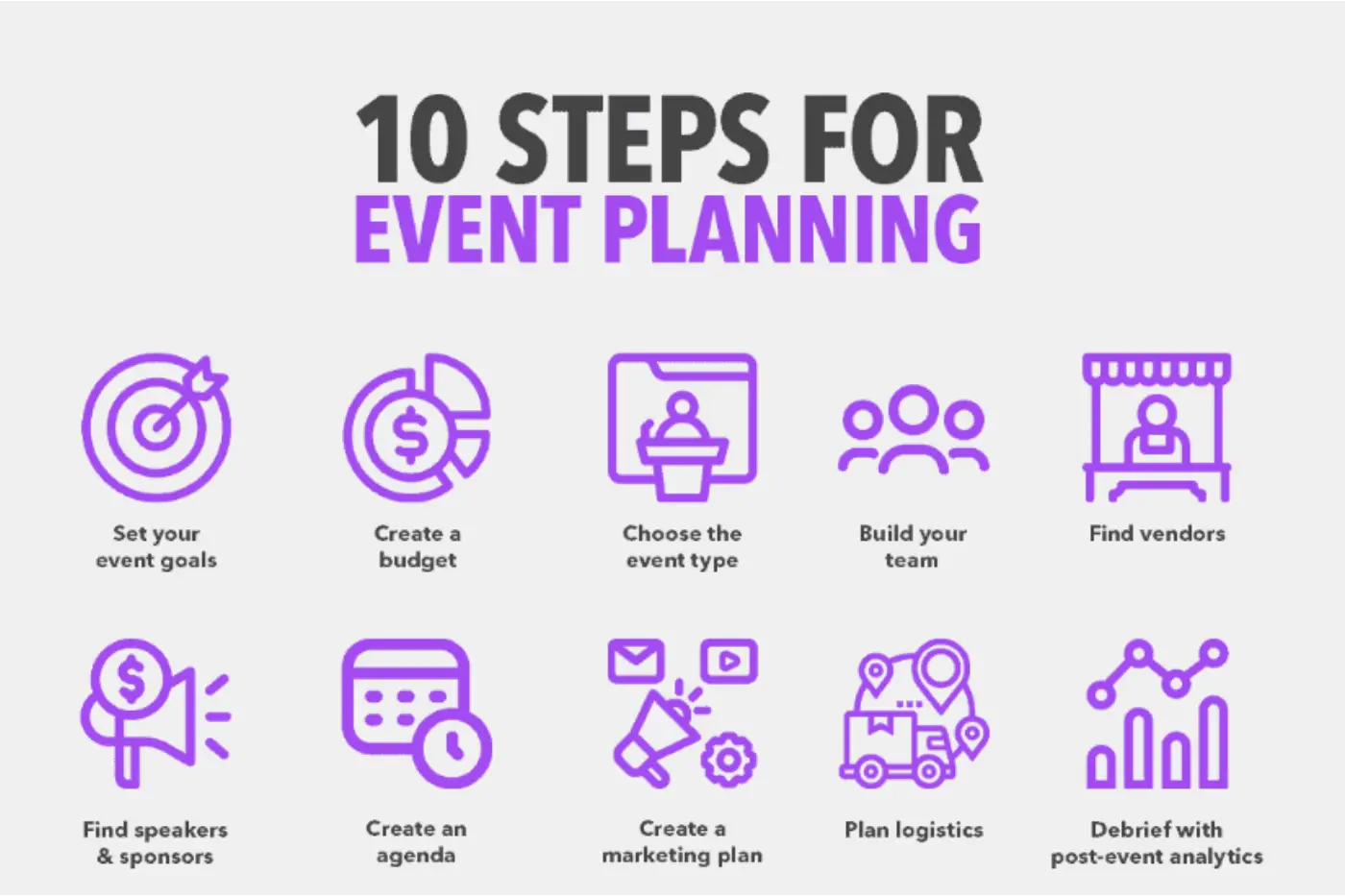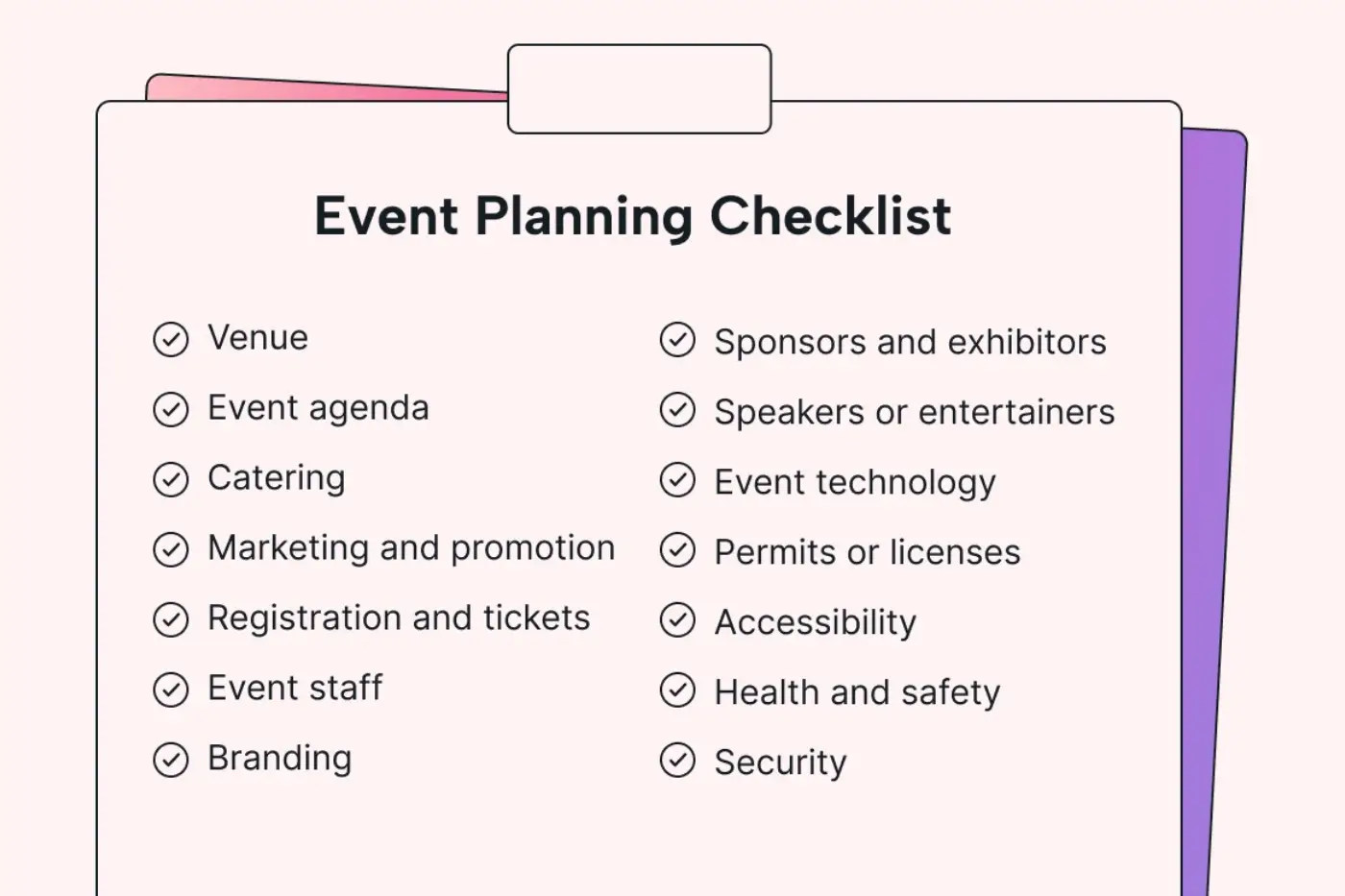Event Planning
Social & Corporate Events Management
Overview
Event planning is the process of organizing and coordinating all aspects of an event, from conception to execution. It involves managing logistics, budgeting, scheduling, vendor coordination, marketing, and ensuring a seamless experience for attendees. Event planners work on a variety of occasions, including:
- Event planners work on a variety of occasions, including:
Corporate Events
Social & Personal Events
Non-Profit & Fundraising Events
Entertainment & Large-Scale Events
Virtual/Hybrid Events

Key Responsibilities of an Event Planner:
- Goal Setting & Concept Development – Defining the event’s purpose, theme, and objectives.
- Budgeting & Financial Management – Allocating funds for venues, catering, decor, and other expenses.
- Venue Selection & Logistics – Securing locations, permits, and arranging layouts.
- Vendor & Supplier Coordination – Hiring caterers, decorators, AV technicians, and entertainers.
- Marketing & Promotion – Creating invitations, social media campaigns, and PR strategies.
- Timeline & Scheduling – Ensuring smooth flow from start to finish.
- Risk Management & Contingency Planning – Preparing for emergencies or last-minute changes.
- Post-Event Evaluation – Gathering feedback and analyzing success metrics. Successful event planning requires creativity, attention to detail, strong organizational skills, and the ability to handle stress while delivering memorable experiences.
Corporate Events
- Business conferences
- Team-building retreats
- Product launches
- Networking mixers
Social & Personal Events
- Weddings
- Birthday parties
- Anniversary celebrations
- Baby showers
Non-Profit & Fundraising Events
- Charity galas
- Auctions
- Community fundraisers
Entertainment & Large-Scale Events
- Concerts & festivals
- Team-building retreats
- Product launches
- Networking mixers
Virtual/Hybrid Events
- Webinars
- Online conferences
- Live-streamed product demos




